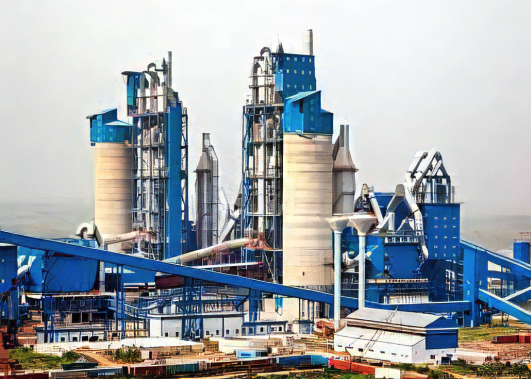In a move infused with economic hope and a touch of the theatrical, Nigeria’s ambitious Naira-for-Crude scheme is poised to revolutionize the petroleum sector. This initiative promises to entwine the fate of three newly revitalized refineries into the fabric of the nation’s fuel matrix, offering a tantalizing vision of abundance, even as Dangote’s monumental refinery takes center stage with an anticipatory pause in the wings.
The Naira-for-Crude Initiative: An Overview
In essence, the Naira-for-Crude policy endeavors to fortify Nigeria’s crude oil landscape by allowing local refineries to purchase oil in Naira rather than U.S. Dollars. This strategic maneuver not only seeks to stabilize the local currency but also aims to invigorate domestic production capabilities, enhancing self-reliance within national borders.
The concept flickers with the promise of reduced fuel importation, owing largely to an expected increase in local refining capabilities. More so, this scheme is tailored to offer a lifeline to three beleaguered refineries, whose resurrection could herald a new dawn for Nigeria’s Premium Motor Spirit (PMS) production.

The Three Refineries: A Trifecta of Transformation
These refineries, each poised like grand old dames set to reclaim their former glory, are:
- Port Harcourt Refinery
- Warri Refinery
- Kaduna Refinery
Once known for their vibrancy, these sites have weathered the tempests of neglect and inefficiency. However, the recent governmental green light for their refurbishment could transform these aging structures into gleaming bastions of productivity. The Port Harcourt Refinery, in particular, is expected to headline this triumvirate with its predicted operation efficiency set to skyrocket by 2025, which could be likened to a phoenix rising resplendent from the ashes.
Economic and Strategic Implications
The notion is simple yet profound: increase local fuel production and reduce reliance on foreign imports. As any coastal chef might tell you, it’s better to serve the catch of the day than yesterday’s leftovers flown in from afar. Lowering importation not only cuts costs but also fosters a sustainable national economy.
Strategically, the operational success of these refineries could herald a significant reduction in activities on the black market, thus unveiling a Pandora’s box of potential savings and revenue generation.
Dangote Refinery: Awaiting the NNPC Symphony
Meanwhile, the eyes of the industry remain keenly fixed on the progress of the Dangote Refinery, an enterprise built with such audacious scale and scope that it’s barely comprehensible. This mammoth venture, with ambitions like an empress surveying her realm, eagerly awaits the Nigerian National Petroleum Corporation’s (NNPC) supply collaboration.
The potential symbiosis between Dangote’s operations and NNPC’s supply could transform the sector, providing a fulcrum for industry-wide innovation and growth. However, the timeline for this partnership remains shrouded in a veil of patient anticipation, much like a tea kettle poised before a gentle steam.
Challenges and Expectations
Notwithstanding its promise, the initiative faces considerable challenges. Chief among them is the labyrinthine bureaucracy that often trails large-scale governmental projects like a tempestuous shadow. Also, environmental concerns and public scrutiny add a layer of complexity to these resurgent endeavors.
Nonetheless, the success of Dangote’s facility and government refineries could collectively dispel clouds hanging over the Nigerian fuel industry, paving a sunshine-drenched path toward energy independence and economic resilience.
The Impact of Billionaires and Their Investments on the Economy
In a world where financial titans like Aliko Dangote play an increasingly pivotal role, the influence of billionaire investments on the economy cannot be overstated. Their largesse ripples through industries, generating waves of employment, technological advancement, and infrastructural development.
Through strategic investments, these financial connoisseurs create portfolios of prosperity that touch the everyday lives of citizens, from the bustling urban streets to the hinterland’s quietude. Dangote’s entry into the refining sector exemplifies how such titanic ventures can reinforce national markets and bolster independence from foreign energy reliance.
Ultimately, it is a dance between risk and reward, played out on a national stage with billionaires as the lead actors. Their investments, akin to steely Midas touches, hold the promise of sculpting the economy’s future with every calculated move.
As Nigeria stands on the precipice of this bright new future, eyes remain fixed on these transformative projects, fueled by the determination and vision of its wealthiest denizens.